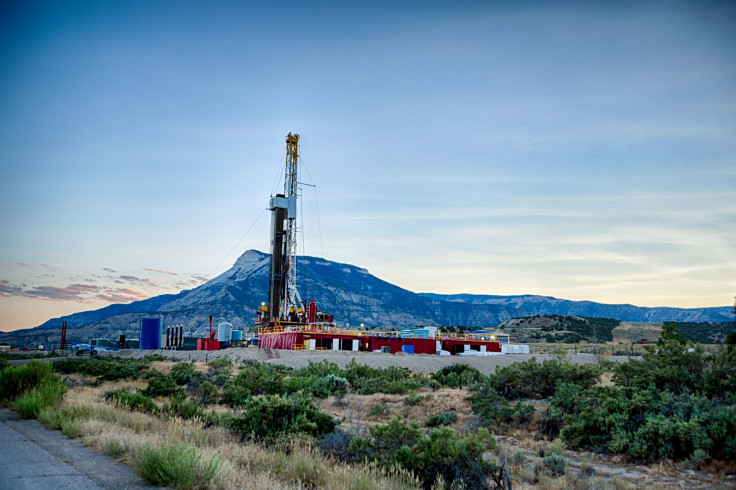Does Fracking Cause Cancer? Increased Childhood Leukemia May Result From Natural Gas Extraction

As the highly contentious practice of hydraulic fracking spreads in the United States, another analysis shows that the fluids used to extract natural gas contain carcinogens.
The analysis, conducted by the Yale School of Public Health and published in the journal Science of the Total Environment on Monday, confirms that the gas extraction method has the potential to contaminate water and air supplies in communities close to the drilling site. Among the concerns are that fracking increases the risk of exposure to carcinogens that cause childhood leukemia, which is a particularly pressing concern since there is just a short period before symptoms are seen.
“Because children are a particularly vulnerable population, research efforts should first be directed toward investigating whether exposure to hydraulic fracturing is associated with an increased risk,” Nicole Deziel, an assistant professor and lead author of the study, said in a release.
To come to their conclusions, the team at Yale examined 1,000 chemicals that were released into the air or water from fracking. Researchers said that the scope of the chemicals analyzed is much larger than previous studies on the topic.
“To our knowledge, our analysis represents the most expansive review of carcinogenicity of hydraulic fracturing-related chemicals in the published literature,” Deziel said.
The study noted a significant gap in knowledge over the chemicals, as well. More than 80 percent of the identified chemicals didn’t have enough data to determine their cancer-causing potential. There were 119 compounds that did have significant data available. Forty-four percent of the water pollutants identified alongside 60 percent of the air pollutants did confirm possible carcinogenic qualities.
The findings that dangerous chemicals are released from fracking continues to alarm activists. Last week, for instance, an activist in the Dakotas region —where a fight between the Standing Rock Sioux and oil and gas companies is raging over the placement of a pipeline — a pediatrician called fracking “environmental genocide.”
Meanwhile, in places like Florida, local efforts by communities concerned about the dangers posed for their water supply by fracking have been pushing a ban on the practice altogether.
Fracking has become increasingly common in the U,S. and there were 30 states with active drilling sites as of October. Millions of people live within one mile of those fracking sites.
© Copyright IBTimes 2024. All rights reserved.






















